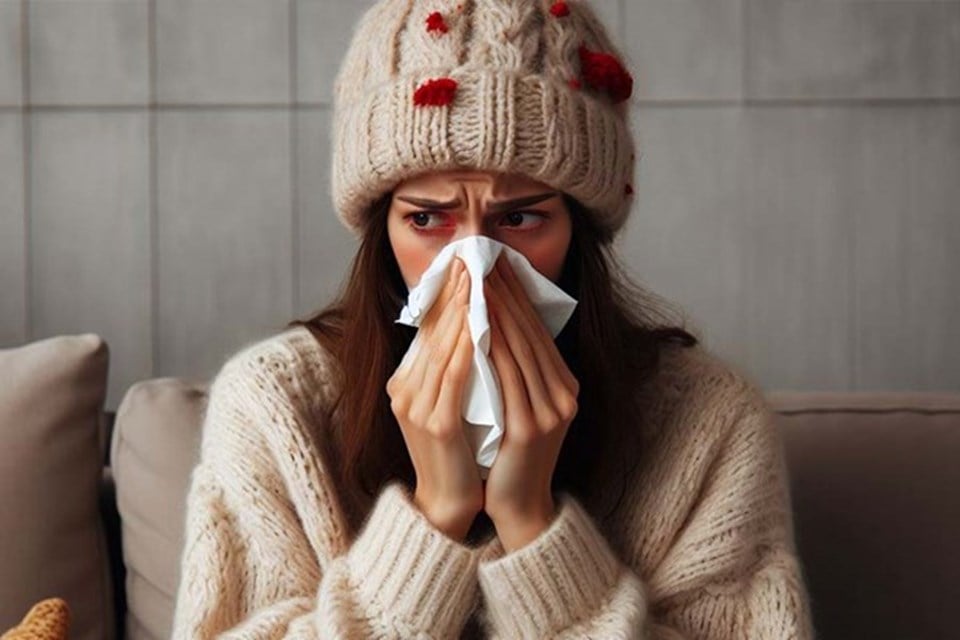
To clarify this point of view, Ms. Reshma AM - nutrition consultant at SPARSH Hospital (Bengaluru, India) explained that the reason for this point of view is because milk leaves a coating in the mouth and throat that many people mistake for mucus or phlegm.
Sharing the same opinion, Associate Professor, Dr. Shrey Srivastav, an internist (at Sharda Hospital, Noida, India) - said: This confusion can be aggravated by symptoms of lactose intolerance or milk allergy, which can cause reactions such as nasal congestion or phlegm.
“But these are not caused by mucus production in the throat,” Associate Professor Dr. Shrey Srivastav affirmed.
Dr. Arjun Khanna, Head of Pulmonology at Amrita Hospital Faridabad (India), cited that many foods such as bananas, rice, and milk are related to phlegm production. However, modern medicine does not support and there is no evidence of a link between food and the production of mucus or phlegm.
A study published in the Journal of the American Academy of Nutrition and Dietetics also found no significant difference in mucus production in participants who drank cow's milk compared to those who drank a soy-based beverage.
Nutritionist Reshma AM further explains that some people may experience symptoms such as increased phlegm or mucus after drinking milk due to a mild sensitivity or intolerance to dairy products. This is not the same as a general increase in mucus production for everyone.
People with respiratory conditions such as asthma or bronchitis may experience an exacerbation of symptoms due to the thick feeling milk leaves in the throat, but it does not actually increase mucus production.
“If you have phlegm along with respiratory disorders, you should take regular medication and use a mask when going out. You should also drink plenty of water and keep your body hydrated,” advises nutritionist Reshma AM.
Source: https://laodong.vn/suc-khoe/su-that-ve-viec-uong-sua-lam-tang-san-xuat-chat-nhay-va-dom-1366165.ldo



































































































Comment (0)